For countless women, painful menstrual cramps, also known as dysmenorrhea, are a recurring challenge. While mild discomfort is normal, severe cramps that disrupt daily activities should not be ignored. Let’s explore the symptoms, causes, and effective ways to find relief and regain control over your life.
What is Dysmenorrhea?
Dysmenorrhea refers to painful periods caused by uterine contractions during menstruation. These contractions, triggered by hormone-like substances called prostaglandins, help shed the uterine lining. However, when prostaglandin levels are high, they cause intense pain and discomfort.
Types of Dysmenorrhea:-
Primary Dysmenorrhea:
1. Begins shortly after a woman’s first menstrual cycle.
2. Usually not linked to any underlying medical condition.
3. Often improves with age or after childbirth.
Secondary Dysmenorrhea:
1. Caused by underlying health issues like endometriosis, fibroids, or pelvic inflammatory disease.
2. Pain tends to worsen over time and may not be limited to menstruation.
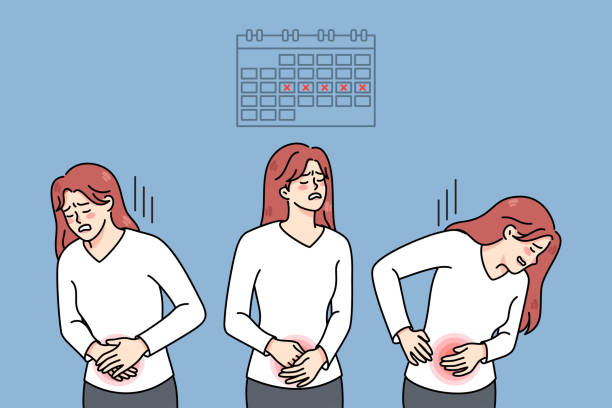
Symptoms of Dysmenorrhea:-
Women experiencing dysmenorrhea may face a variety of symptoms, including:
1. Abdominal Pain: Intense cramping in the lower abdomen.
2. Fatigue: Feeling unusually tired and drained.
3. Dizziness: A sensation of light-headedness or vertigo.
4. Nausea and Vomiting: Feeling sick or physically vomiting.
5. Pressure in the Stomach: A heavy or bloated feeling.
6. Back Pain: Radiating pain in the lower back.
If these symptoms are severe, consult a healthcare professional to rule out underlying conditions.
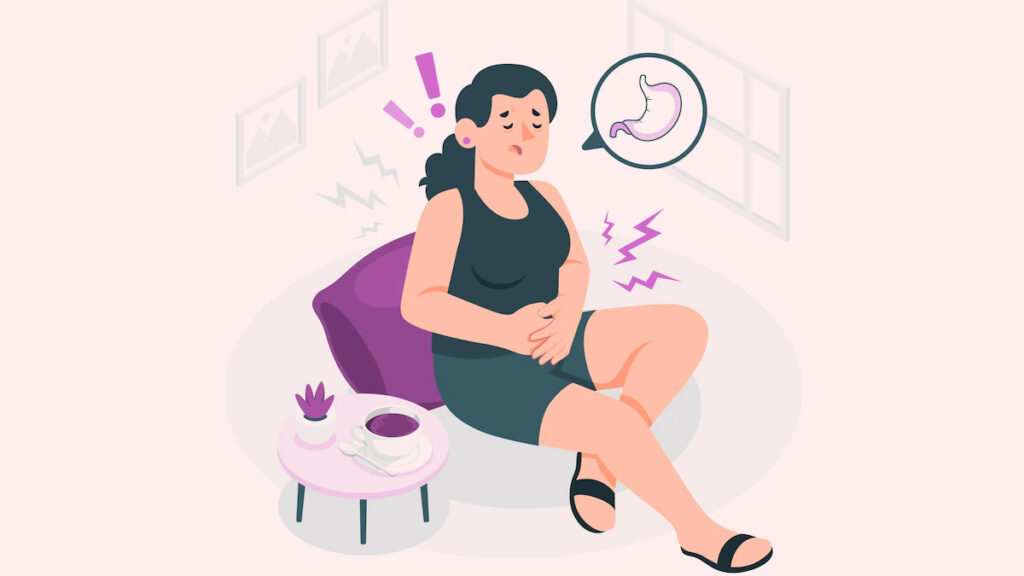
Causes of Dysmenorrhea:-
Understanding the root cause is essential to manage dysmenorrhea effectively. Potential causes include:
1. Excessive Prostaglandins: High levels lead to stronger uterine contractions and increased pain.
2. Endometriosis: A condition where tissue similar to the uterine lining grows outside the uterus.
3. Uterine Fibroids: Noncancerous growths in the uterus that can cause pain and heavy bleeding.
4. Pelvic Inflammatory Disease (PID): An infection of the reproductive organs.
5. Adenomyosis: A condition where the uterine lining grows into the muscle wall.
6. Seeking Relief: Effective Treatments for Dysmenorrhea
While dysmenorrhea can be debilitating, several treatments can provide relief. Here are some strategies to consider:
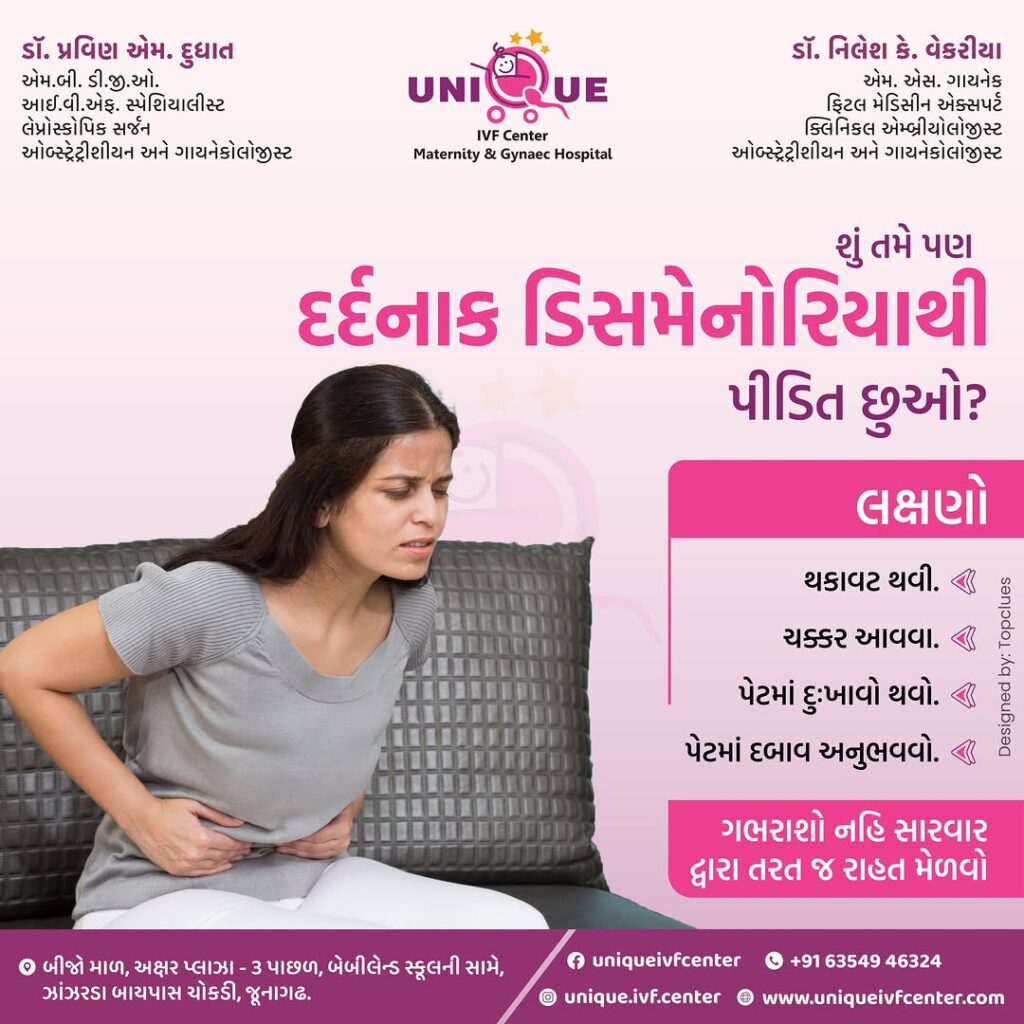
1. Over-the-Counter Medications
Nonsteroidal Anti-Inflammatory Drugs (NSAIDs): Medications like ibuprofen or naproxen reduce prostaglandin production and alleviate pain.
Pain Relievers: Paracetamol can help manage mild pain.
2. Hormonal Birth Control
Oral Contraceptives: Regulate hormone levels to reduce menstrual cramps.
IUDs: Certain types, like hormonal intrauterine devices, can lessen pain and bleeding.
3. Lifestyle Adjustments
Heat Therapy: Applying a heating pad or hot water bottle to the lower abdomen can relax muscles and ease pain.
Exercise: Regular physical activity improves blood flow and releases endorphins, which act as natural painkillers.
Dietary Changes: Reduce caffeine, alcohol, and fatty foods. Include anti-inflammatory foods like fruits, vegetables, and omega-3 fatty acids.
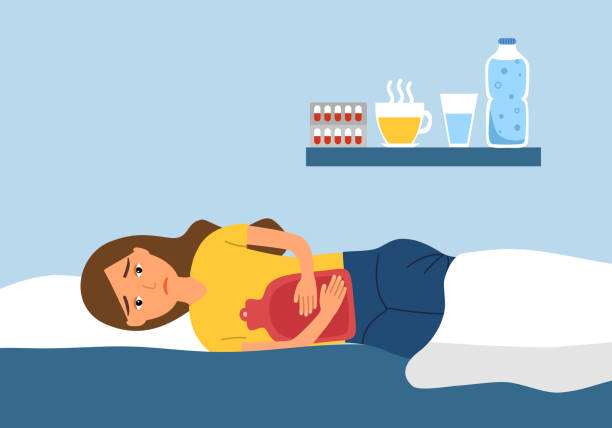
4. Medical Interventions
Surgical Options: Procedures like laparoscopy can treat conditions like endometriosis or remove fibroids.
Specialized Treatments: Seek care at the best medical centers for advanced therapies, such as those provided at the fertility center in Junagadh.
5. Alternative Therapies
Acupuncture: Helps relieve pain by promoting the release of natural pain-relieving chemicals in the body.
Yoga and Relaxation Techniques: Reduce stress and alleviate menstrual discomfort.
When to See a Doctor?
1 It’s important to seek professional medical advice if:
2 Pain is severe and disrupts daily life.
3 Symptoms worsen over time.
4 Pain persists despite over-the-counter medications.
5 Menstrual cycles become irregular or heavier than usual.
The best IVF center in Junagadh not only addresses fertility issues but also provides comprehensive care for menstrual health, ensuring that women receive the support they need.
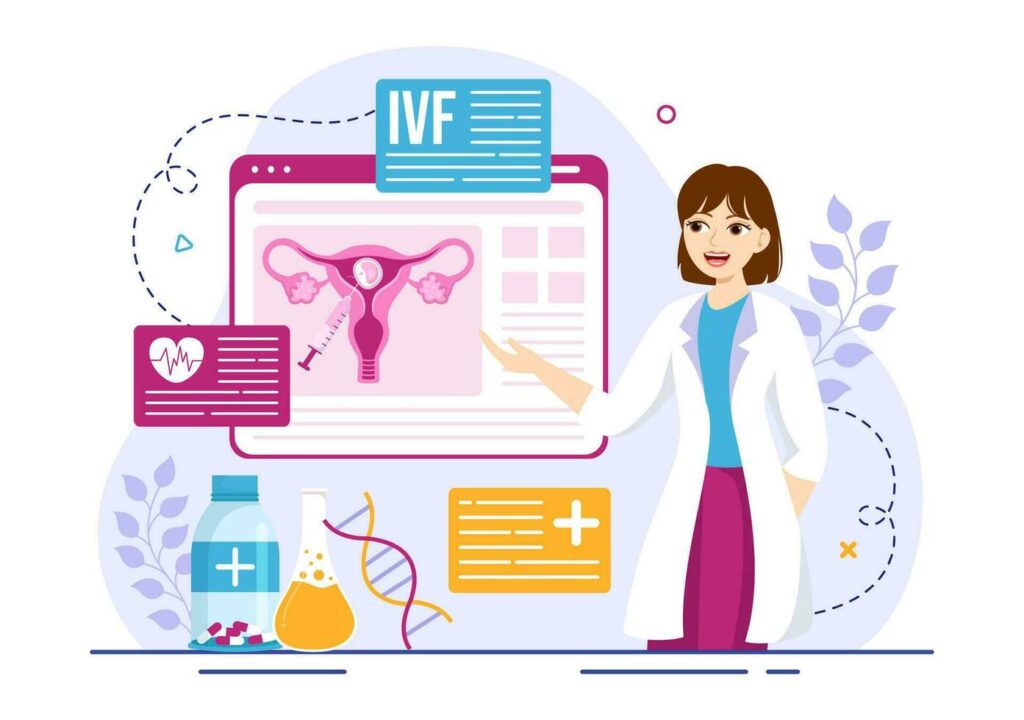
Dysmenorrhea and Fertility:
While primary dysmenorrhea doesn’t typically affect fertility, secondary dysmenorrhea linked to conditions like endometriosis or fibroids can pose challenges. Advanced reproductive treatments, including ICSI treatment in Junagadh, offer hope for couples facing such obstacles.
Holistic Care at the Fertility Center in Junagadh:
At the fertility center in Junagadh, expert care focuses on addressing the root causes of dysmenorrhea. Whether through advanced diagnostics, effective treatments, or compassionate support, the center’s goal is to improve women’s quality of life. For those planning a family, specialized services like ICSI treatment in Junagadh ensure the best possible outcomes.
Conclusion:
Painful periods are not something you should have to endure in silence. Understanding the causes and exploring effective treatments can make a world of difference. The best IVF center in Junagadh is dedicated to helping women overcome challenges like dysmenorrhea and achieve optimal reproductive health. Don’t let painful cramps control your life—seek the relief and support you deserve today!

